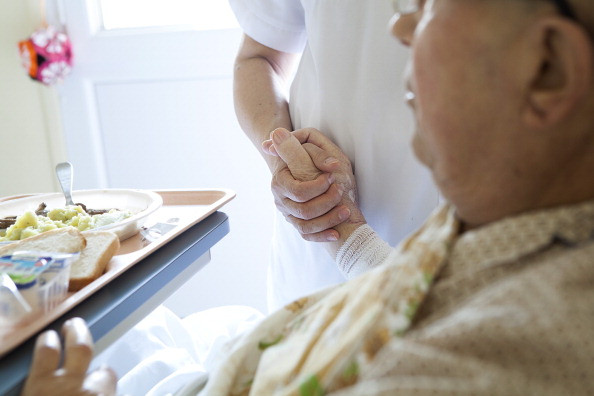UK is the best place in the world to die according to Economist Intelligence Unit study

A new study has revealed an interesting finding that patients in the UK receive the world's best end-of-life support and treatment. The 2015 Quality of Death Index compiled by the Economist Intelligence Unit (EIU) made the conclusion after measuring the quality of palliative care in nearly 80 countries worldwide.
UK was ranked at the top due to the quality of its hospice offering and the effective integration of palliative care within the National Health Service (NHS). In second and third rankings were Australia and New Zealand, while the US ranked ninth following countries, like the Netherlands, Taiwan and Germany.
Ranking at the bottom were Philippines, Iraq, Bangladesh, Nigeria and Myanmar. China was found to have the most demand for end-of-life care due to its ageing population and one-child policy. China's one-child policy has made it harder for individuals to single-handedly care for not only their parents but at times also their grandparents.
Over 120 palliative care experts were interviewed worldwide for the research and several factors were weighed in to draw the ratings, including the hospice environments and supply of palliative care experts, reported The Economist. "The UK is an acknowledged leader in palliative care," said Annie Pannelay, the report's author.
"That reflects its comprehensive strategy towards the issue as well as the improvements that are being made. But there is more that the UK could do to stay at the forefront of palliative care standards, such as ironing out occasional problems with communication or symptom control."
Meanwhile, the Marie Curie charity in London that supports the terminally ill and their families said that while UK's rankings should be praised, it should not be overlooked that, "too many people still do not get the care they need at the end of their lives. We need to look at these findings in context. If we adopt a 'business as usual' approach following this report, then we will only see more cases of vulnerable people failing to get the care they need," read a statement published on the Marie Curie website in response to the study's findings.
© Copyright IBTimes 2025. All rights reserved.






















